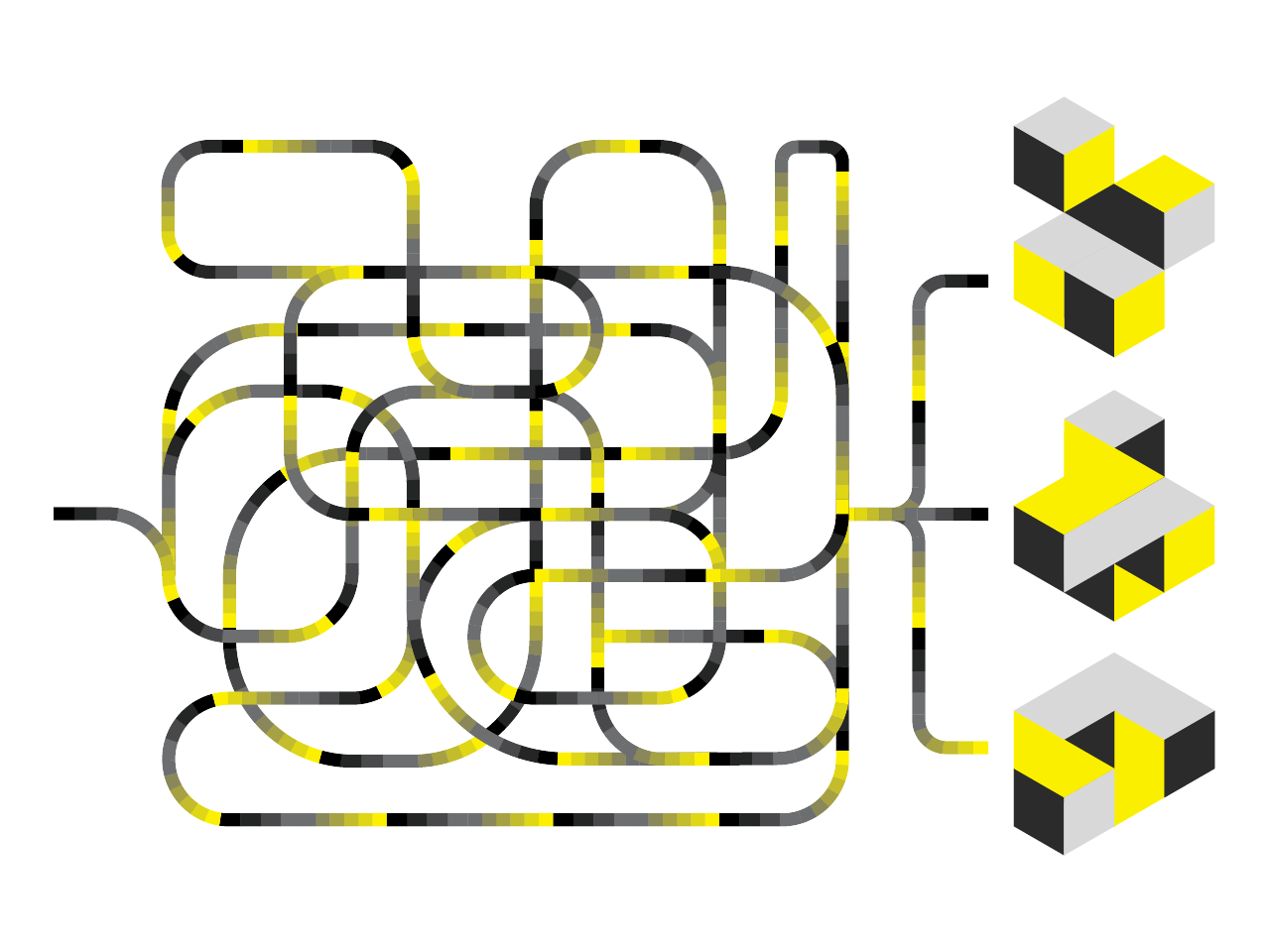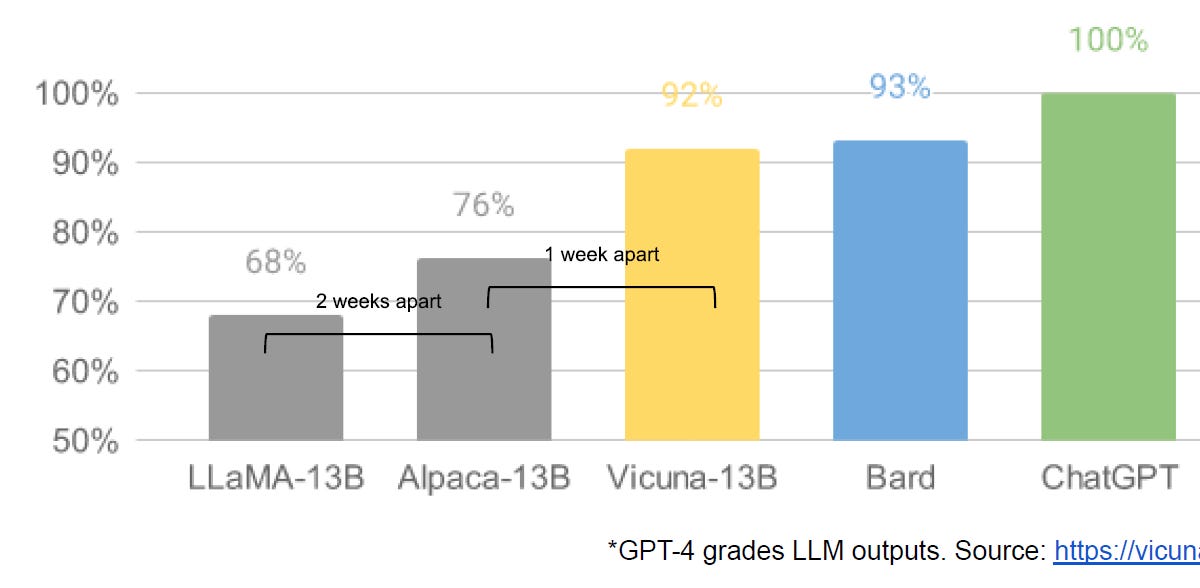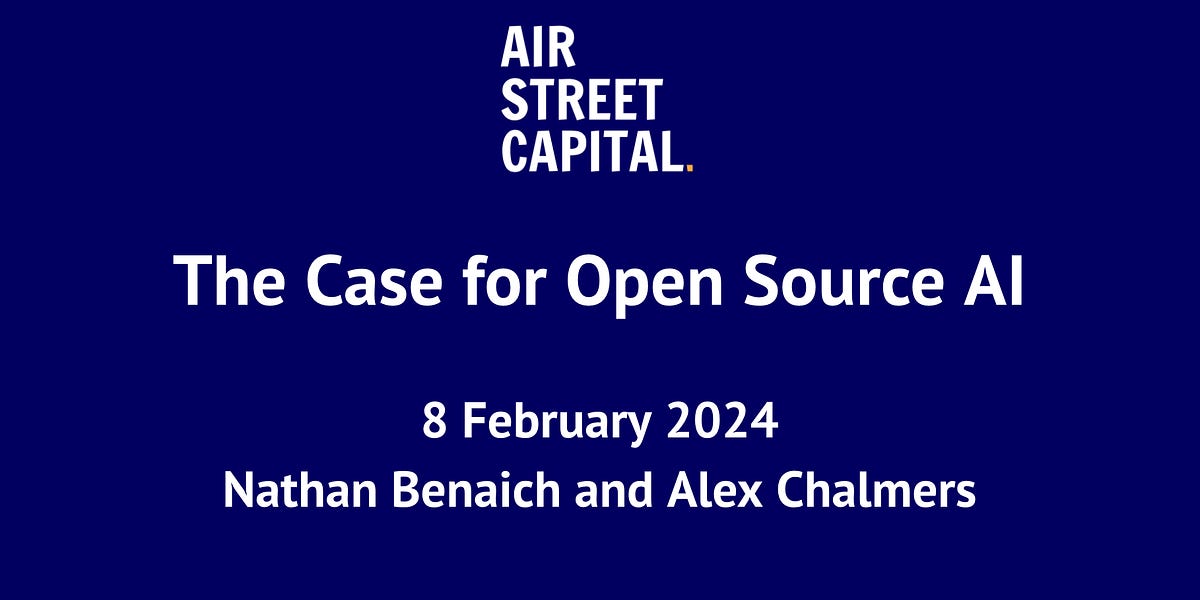Open Source AI and the Paradox of Open – Open Future
openfuture.eu
Open Source AI and the Paradox of Open – Open Future

madisen added
madisen added


Sarah Drinkwater added

And in the end, OpenAI doesn’t matter . They are making the same mistakes we are in their posture relative to open source, and their ability to maintain an edge is necessarily in question. Open source alternatives can and will eventually eclipse them unless they change their stance. In this respect, at least, we can make the first move.
sari added

madisen added
Google have already found it difficult to keep their advantages protected from competitors such as OpenAI, and now that the wider research community are collaborating in the open they’re going to find it even harder
sari added
sari added